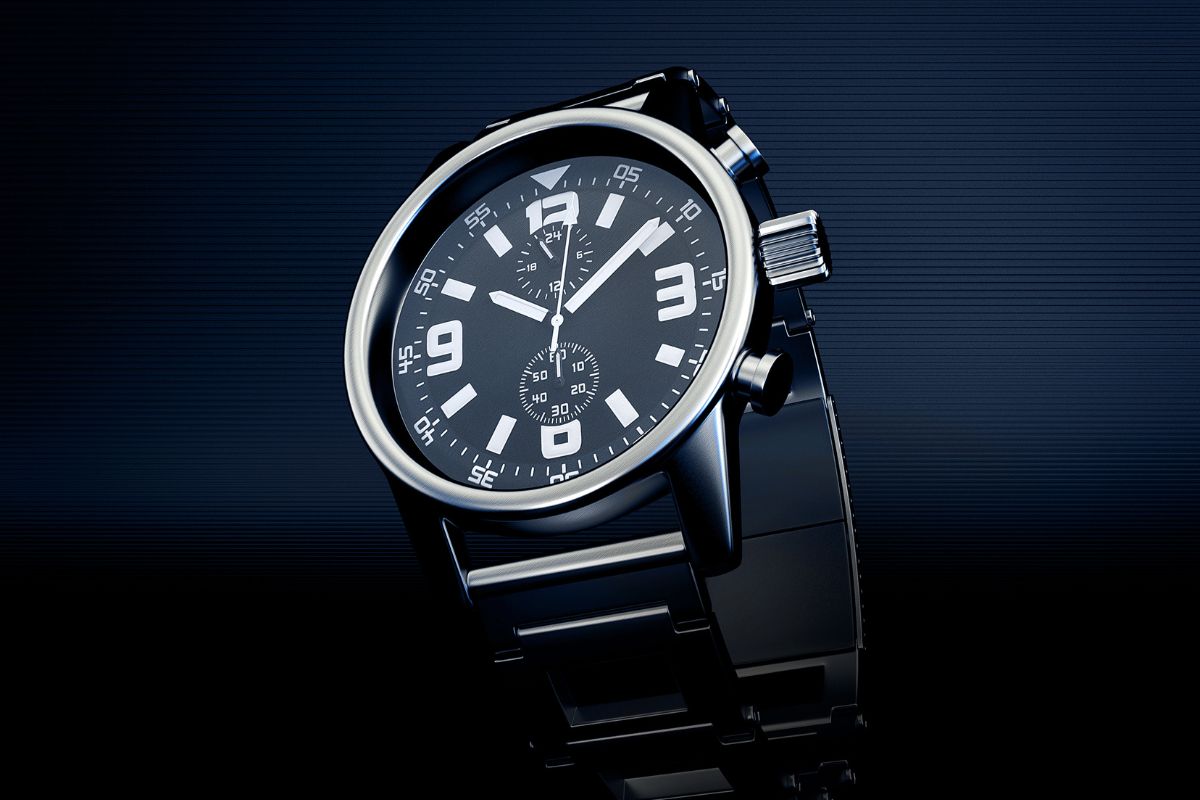Buying a luxury watch is not just a purchase; it’s an investment. When it comes to buying second-hand, the stakes are even higher. The market for second-hand luxury watches, like used Cartier watches, is vast and varied. Knowing what to look for can ensure you make a wise choice, getting a beautiful timepiece that holds or increases value. Here’s a guide to help you navigate the world of second-hand luxury watches, ensuring you find a piece that complements your style and serves as a smart financial decision.
Authenticity is Key
The first and foremost factor to consider is the authenticity of the watch. The market for luxury watches, including used Cartier watches, is riddled with counterfeits. Always purchase from reputable dealers who provide authenticity certificates. Check the serial number with the manufacturer. If the deal seems too good to be true, it probably is. Authenticity checks might include examining the logo, the quality of the craftsmanship, and the weight of the watch. It’s also advisable to familiarize yourself with the brand’s specific hallmarks and features, as this knowledge can be invaluable in distinguishing genuine pieces from fakes. Additionally, consider using a trusted third-party verification service if you have any doubts, ensuring that your investment is protected.
Bob’s Watches states, “Bob’s Watches is a premier supplier of second-hand Cartier watches. We proudly offer Cartier’s broad selection of high-end watches that remain true to its brand of innovating instead of imitating.”
Condition of the Watch
The condition of the watch is a critical aspect of its value. Examine the watch carefully for any signs of wear and tear. Check the face of the watch for scratches or cracks. The condition of the strap is also important, especially in leather or metal watches. Remember, restoration can be costly, so factor this into your decision if the watch needs significant work. Additionally, consider the movement and functionality of the watch. Ensure that all the dials and functions are working correctly, as repairs on complex mechanisms can be expensive. A magnifying glass can be handy during this inspection, allowing you to see finer details that could indicate underlying issues.
Service History and Documentation
A well-maintained watch will have a service history. Ask for documentation of any services and repairs the watch has undergone. Regular servicing by authorized dealers ensures the watch functions correctly and can add to its value. Documentation can also include the original box and papers, which, while not affecting the watch’s functionality, can significantly enhance its collectability and resale value. These items often indicate that the previous owner took good care of the watch, which can be a good sign of its current condition. This documentation can also be a valuable asset if you ever decide to sell the watch in the future, potentially increasing its market value.
Market Value and Price
Understanding the market value of the watch you are interested in is crucial. Research the brand and model to understand its new and used market value. This will help you gauge if the seller’s price is fair. While bargaining is part of the process, be wary of prices significantly lower than market value, as this could be a red flag for counterfeit products. Remember that certain models and brands retain or even increase their value over time, so consider the watch’s potential as an investment. Joining watch enthusiast forums or groups can also provide insights into current market trends and help you make an informed decision.
Return Policy and Warranty
A return policy or warranty can provide peace of mind when buying second-hand. Some second-hand dealers offer a warranty, which is a sign of confidence in the quality of their watches. A return policy is also important, as it allows you to return the watch if you find any issues after purchase. Always read the fine print to understand what is covered. A warranty or return policy can be especially important when buying online, where you cannot inspect the watch in person before purchasing. Additionally, inquire about the dealer’s after-sales service, as ongoing support can be crucial for maintenance and repairs, ensuring your luxury timepiece remains in top condition for years.
Buying a luxury watch second-hand can be a rewarding experience if done correctly. Authenticity, condition, service history, market value, and the availability of a return policy or warranty are key factors to consider. By doing your homework and purchasing from reputable sources, you can find a stunning timepiece that is both a statement of style and a wise investment. Remember, a luxury watch is not just a timekeeper; it’s a piece of history on your wrist. With the right approach, you can enjoy the prestige of a luxury watch without the hefty price tag of buying a new one, ensuring your investment not only enhances your style but also stands the test of time.
















